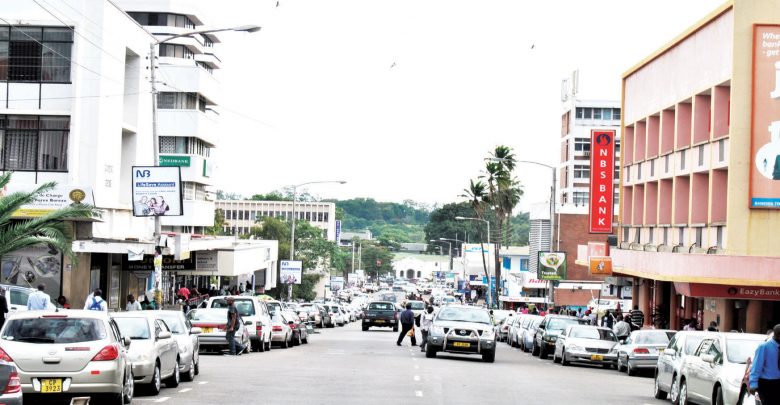
Government Spends 83% of IMF’s Special Drawing Rights in First Quarter

The government has spent 83 percent of the $188.7 million (about K151.82 billion) Special Drawing Rights (SDR) allocation from the International Monetary Fund (IMF) between the months of July and September, latest figures from the Reserve Bank of Malawi have shown.
A Monetary Policy Report for November indicates that, during the quarter, government budgetary operations closed with a deficit of K125.9 billion compared to a deficit of K56.89 billion recorded in the corresponding period in the previous financial year.
“During a similar quarter of the 2020/21 fiscal year, government operations resulted in a narrower deficit of K61.97 billion. The above notwithstanding, receipt of a K151.82 billion SDR allocation from the IMF in August 2021 enlarged the central government’s fiscal space, leading to government registering a surplus of K25.92 billion,” the report read
The report further indicates that merchandise trade deficit narrowed to $484 million during the period from a deficit of $490.7 million in the second quarter of 2021.
This resulted in a growth of 23.2 percent in exports to $338.4 million, which was stronger than an increase in imports of 7.4 percent to $822.4 million.
Commenting on the development, Associate Economics Professor at the Malawi University of Business and Applied Sciences (Mubas) Betchan Tchereni said the government borrowed a lot domestically but it paid back quickly.
He said, normally, the government borrows for operations but, for infrastructure development, it borrows from external sources.
“Let’s remember that the IMF package is mainly for stabilisation of the macroeconomic fundamentals especially the financing of trade deficit. As such, if it means stabilising in one quarter, then it can do so. However, it’s safer to look at the government playing it safe, especially when we are entering a lean period for foreign exchange. That way, we may be stabilising well.
“However the outlook is not as promising. Resources may not come as expected, the deficit may end up being more than what was projected mainly due to the inflationary pressures and the depreciated Malawi Kwacha,” Tchereni said.
Director for Centre for Research and Consultancy Milward Tobias said, usually, revenue and expenditure flows have no systematic pattern because the level of activities implemented from one quarter of the year to another and in one year from the other year may differ.
“Changes in budget deficit may not only be as a result of economic factors but also, and more often, as a result of level of implementation of activities in a particular period,” Tobias said.
SOURCE: THE TIMES GROUP